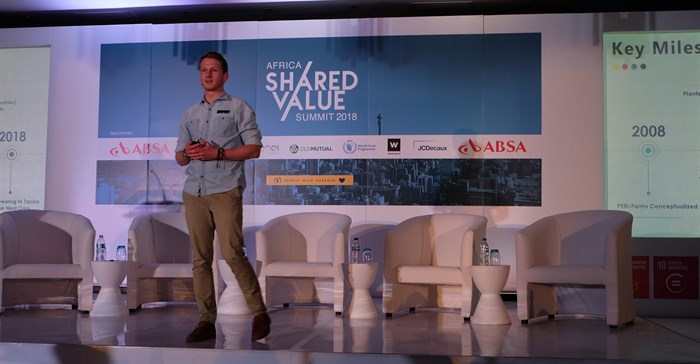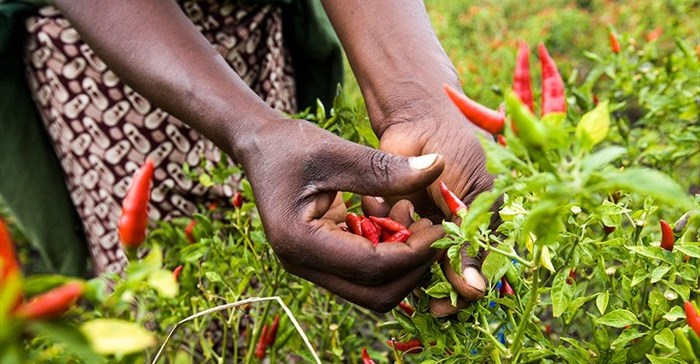
Image Supplied
Under the theme “Partnerships for growth”, the Africa Shared Value Summit aims to spark social change by encouraging businesses, especially large corporates, to implement shared value business models that have a positive impact on communities through their supply chains.
A growing network of farmers
The Nando’s farming initiative has been going for 10 years. What started with just six small farms in Mozambique has grown to include 1,400 farmers growing over 360 tonnes of chilli across the Southern Africa region.
Growing this network of farmers has been a process of learning and growth. Some of the challenges involved generating working capital to set up the infrastructure the farmers needed, managing unpredictable weather conditions, as well as political climates, quality assurance and high transactional costs. A great deal of effort has gone into working very closely with farmers to overcome these challenges and work towards empowering the small farmer.
“I’ll never forget my first impact assessment. I sat with one of our farmers and a translator who told me about the impact growing chilli crops for Nando’s was having on his life and his community,” said Hirst.
Empowering small farmers
Motivated by the potential impact this farming could have in its communities, Nando’s has invested in equipping the farmers with the tools and skills necessary to sustain their farms. Through various investments in technologies and processes, Nando’s has been able to secure prices and contracts directly with the farmers, thus circumventing fluctuating prices and low margins that jeopardise the farmers’ financial security. In addition, the programme has seen encouraging results for the farmers in terms of food security, education, healthcare, water, energy and housing conditions.
Most recently Nando’s has developed an app to help manage and monitor this initiative in order to streamline payment processes for farmers. Drone monitoring of crops has also been implemented to help identify the photosynthetic process of the crops. In so doing, farmers are able to distinguish between plants that are flourishing and those in need of attention.
“We set out to address a business challenge and, in the process, have addressed several of the United Nations (UN) Sustainable Development Goals. If all goes according to plan, we will double the number of farmers we work with within the next three to four years,” commented Hirst.





















